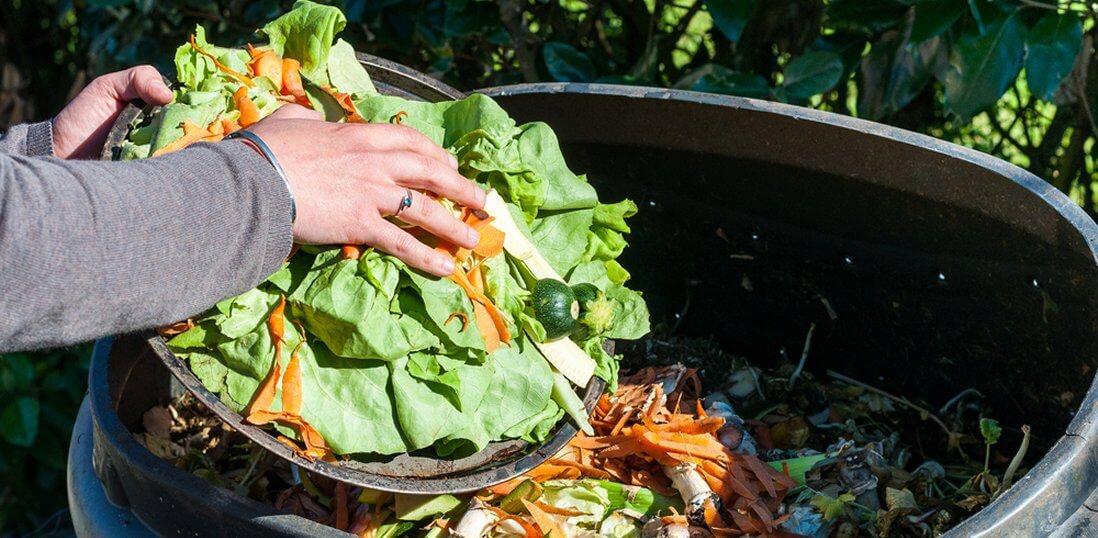
In a world where leftovers often find their final resting place in the bin rather than the compost, the Environmental Protection Agency (EPA), alongside its buddies the USDA and the Food and Drug Administration, has decided enough is enough. They've drafted a National Strategy for Reducing Food Loss and Waste and Recycling Organics that's got everyone from farmers to fast-food fanatics talking. And by talking, we mean debating over whether pineapple belongs on pizza while also figuring out how to save the planet. Dive into the draft here.
FMI Chimes In: A Symphony of Suggestions
The Food Industry Association, known to friends as FMI, couldn't wait to drop their two cents into the conversation. They've perused the draft strategy and, in a move that surprised absolutely no one, found it pretty important. Their comments were like a love letter to sustainability, filled with sweet nothings about the need for better food supply chain management and the dream of a world where food waste is as outdated as dial-up internet.
Building Capacity: Not Just for Your Gym Membership
Andy Harig, FMI's vice president for tax, trade, sustainability, and policy development (try saying that five times fast), emphasized the need to beef up the infrastructure. It's all about getting ready for the buffet of food donations that'll come once this strategy gets cooked. And let's not forget the matchmaking potential—connecting farmers with retailers in a way that would make even a dating app jealous.
Educating the Masses: Because Knowledge is Power (and Power Leads to Less Waste)
FMI is all for teaching consumers how not to treat their fridges like a game of Tetris with perishables. The EPA and USDA have whipped up some toolkits that could very well be the Rosetta Stone of food waste prevention. The only issue? Getting people to actually know they exist. FMI's plan? Make these resources as popular as the latest TikTok dance. Discover the EPA's toolkit here.
Measuring Up: The Quest for Better Metrics
Harig also pointed out that counting how much food we waste is tougher than convincing a toddler that vegetables are as cool as candy. It's a Herculean task, especially for the little guys in the food biz. FMI is hoping for a more carrot, less stick strategy—something that encourages everyone to jump on the bandwagon without feeling like it's an uphill battle.
The Bottom Line: A Call to Arms (and Compost Bins)
So, as we stand on the precipice of a recycling renaissance, it's clear that the road ahead is littered with opportunity (and hopefully less actual litter). Armed with a sense of humor, a dollop of dedication, and a robust investment in the kind of gear only EZ-Screen can whip up, we're about to flip the script on food waste. Picture this: those heaps of grass, piles of leaves, random wood scraps, and even the gnarly plant roots aren't just backyard nuisances. Nope, with a little EZ-Screen magic, they're about to become the rock stars of the compost world.
In conclusion, while the thought of national standards for food waste recycling might make some roll their eyes, the potential for a cleaner, less wasteful world should have us all rolling up our sleeves. Or at least composting our potato peels. With the guidance of these government resources, we're not just dreaming of a greener future; we're making it a reality, one compost bin at a time. Now, who wants to grab a bite? I'm buying!




Leave a Reply